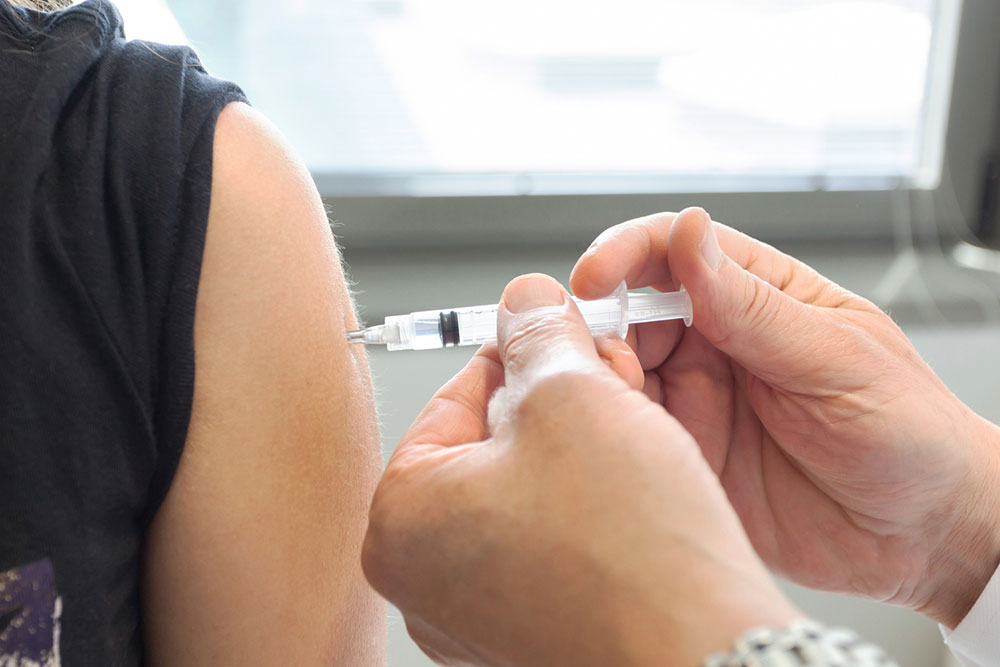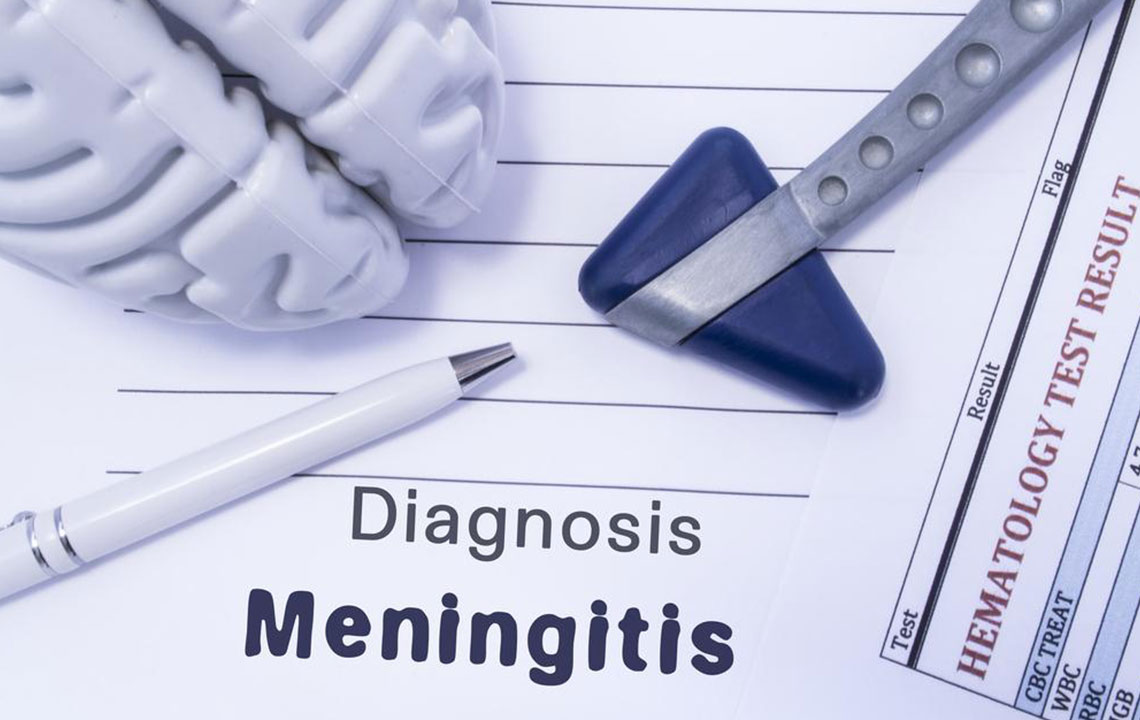Essential Information on Meningitis Vaccination and Protection
This article provides essential information about meningitis vaccines, including risk factors, transmission, prevention methods, and vaccination schedules tailored to various age groups. It highlights the importance of immunization in protecting vulnerable populations from meningococcal disease and explains how vaccines help reduce outbreaks and serious health complications.
Sponsored

Meningitis vaccines are crucial in safeguarding individuals against infections caused by the meningococcus bacteria, which can lead to meningitis and bloodstream infections. This bacterium is spherical and often found in pairs, known as diplococci. There are five primary serogroups—A, B, C, W, and Y. Studies estimate that about 10% of people carry this bacteria without showing symptoms. However, in some cases, meningitis can result in serious complications, including neurological damage.
The risk groups include:
Infants, teenagers, and young adults are more susceptible to meningitis.
Communities, especially college students or dorm residents, face higher risks.
Individuals without a spleen, with immune deficiencies, or living with HIV are at increased risk.
Frequent outbreaks occur in sub-Saharan Africa, and travelers to these areas should be cautious.
How is meningitis transmitted?
The infection is primarily spread via saliva, respiratory secretions, or close contact over an extended period. Casual exposure or breathing shared air alone is less likely to transmit the disease, but households or close contacts of infected individuals are at significant risk. Preventive antibiotics are recommended for those living with infected persons to curb transmission.
Prevention Strategies for Meningitis
Prevention includes vaccination and the use of antibiotics. Vaccines stimulate immunity against all five major serogroups of meningococcus. While vaccines do not guarantee absolute protection, they significantly reduce the risk for high-risk individuals. Vaccination schedules vary by age group:
Children aged 2 months to 10 years: At risk children should receive meningococcal conjugate vaccines like MenACWY or Hib-MenCY-TT, especially if there are medical conditions, outbreaks, or travel risks. Booster doses may be necessary for those with continued high risk.
Adolescents aged 11 to 18 years: Two doses of MenACWY are recommended, with the first between ages 11-12 and a booster at age 16. For those starting vaccination between ages 13-15, a booster after age 16 is advised. Some teens may only require a single dose, depending on timing.
Adults 18 and older: Adults with spleen damage, immune deficits, or specific exposure situations should consider MenACWY or MPSV4 vaccines to prevent infection. High-risk workplaces or regions also warrant vaccination.
Serogroup B meningitis vaccination
This vaccine is suitable for individuals aged 10 and above, especially those at high risk due to medical reasons or exposure. It provides short-term immunity and is administered to those aged 16-23 for targeted protection.






